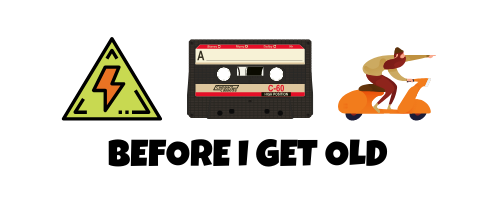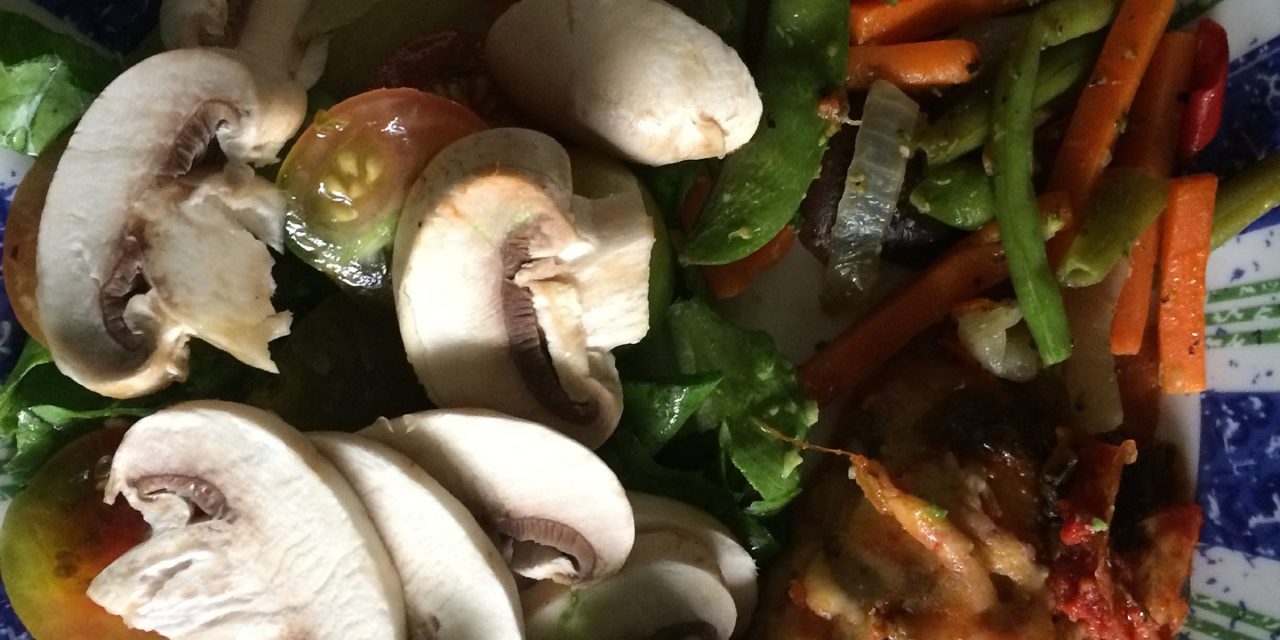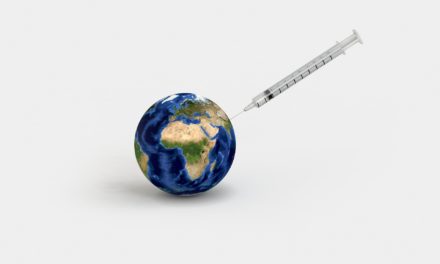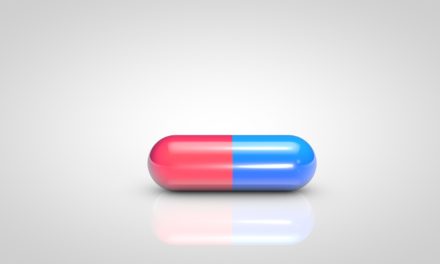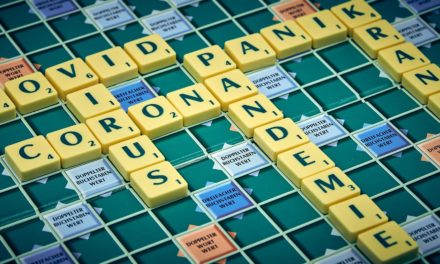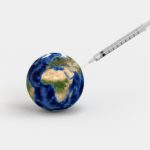Looking for diet advice is easy. At some point someone will tell you that everything you could ever want to eat is good for you. And then, next month it turns out to be bad for you too.
There’s a scientific logic to this because the truth is that most things, in moderation are fine, but equally, most things in excess are not. Smoking 20 cigarettes a day is bad for you, but in truth, 20 chocolate bars, 20 glasses of wine, 20 slices of bread or 20 sausages each day will be pretty bad to your health too.
The reason food scares make the headlines are not just to do with the food either. Many millions of pounds change hands every year allowing scientists to research what we eat and equally, many of those scientists are coming to the end of their funding and are potentially out of work in the next eighteen months.
So a smart science dept, looks to write a paper that might possibly suggest a particular result that will make a headline or two in the papers, TV and websites aimed at those of us who care about this stuff. The editors, TV directors and bloggers tweak or select a particularly interesting part of the story for a little more sensationalism and…ta-da, they have another semi-scientific story. The scientists create enough interest and confusion to secure more funding and we have another food-fad to keep us feeling wholesome until the next one comes along.
So, red wine causes cancer and then another study shows red wine cures cancer. Red meat causes cancer, red meat is essential for averting dementia. Etc. The reality is that all kinds of foods have all kinds of benefits because, what we actually need is a mixture of all kinds of the various chemicals, fibres and compounds that different foods contain.
Our bodies run on incredibly complex chemistry. Chemical reactions that would normally require temperatures twice as high as our body can sustain happen routinely because complex chemicals called enzymes broker a short cut that bypasses the need for heat. The enzymes are complex proteins constructed by our bodies from raw materials digested from the food we eat. Many of these reactions rely on chemicals such as iron, potassium and magnesium that don’t occur naturally in our bodies but can be extracted from food by our digestive system and stored.
And then there’s the electro-chemistry, which, frankly, will blow your mind should you ever even start to understand it.
Right now, the words you are reading are being transported from the receptors in your eye cells, through electrically-charged nerve cells to a vast collection of electrically-driven brain cells that make sense of the information. This electricity happens in salty solutions via chemical reactions at speeds making even the most sophisticated artificial intelligence look like a clockwork bunny bashing its cymbals.
And should you, this incredible being, decide to bash a few cymbals yourself, the same electrical network controls your millions of muscle fibres to allow the fine co-ordination and subtle, nuanced musicality that we all admire so much in our favourite drummers.
And all it takes for all this stuff to happen is for you, Brian of Woking to remember to eat more-or-less the right mix of proteins, sugars, fats, vitamins and fibre every now and then and wash it down with plenty of water.
If you eat too much of some stuff you’ll get fat. If you eat too little of other stuff you’ll lose some of your edge and, if you continually overdo it with the really bad stuff, you’ll die young from a heart attack, diabetes or cancer instead of dying old from all of the above plus dementia.
Mammals have evolved to survive by making sure the fundamental requirements of life have become automatic. The really important stuff like breathing and bloodflow have become automatic. The ‘still vital, but not quite as vital as breathing’ things like eating and getting rid of waste are pretty straightforward too and even, reproduction, which marketing departments and Mills and Boon have made a lot more complex than it needs to be, is relatively straightforward as long as you can either dance to a mediocre standard or look a bit like Poldark emerging from the toilets at your local Whetherspoons.
The more complex stuff like inventing an internet or riding a motorcycle needs considerably more effort. For that stuff we need to concentrate, often for long periods of time, so we need to be properly fed and watered.
In essence it really is very simple. Each day have some protein, some fibre, some natural sugars and a small amount of fat, plus a variety of fresh vegetables, maybe some dairy and some nuts too for the healthy fatty acids. Eat all this and you’ll get the vitamins and minerals you need too. Cooking things lightly makes them easier to digest and a few decent-sized glasses of water each day make all those processes happen more smoothly.
None of this will make you live forever, but it will increase your chances of being killed in a spectacular and memorable dancing accident, trying too hard to be Poldark, when your heart explodes with the unbridled love for Doreen in accounts. Which is a much greater ambition than your heart exploding because you ate red meat soaked in red wine on the wrong weekend, when all that stuff was bad for you.
Confused? Me too. But I am at least no longer hungry.
